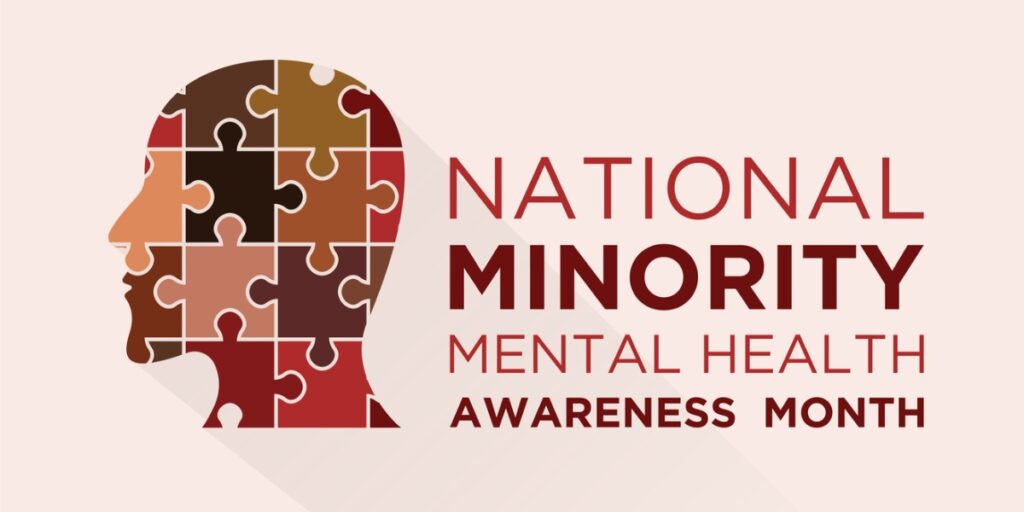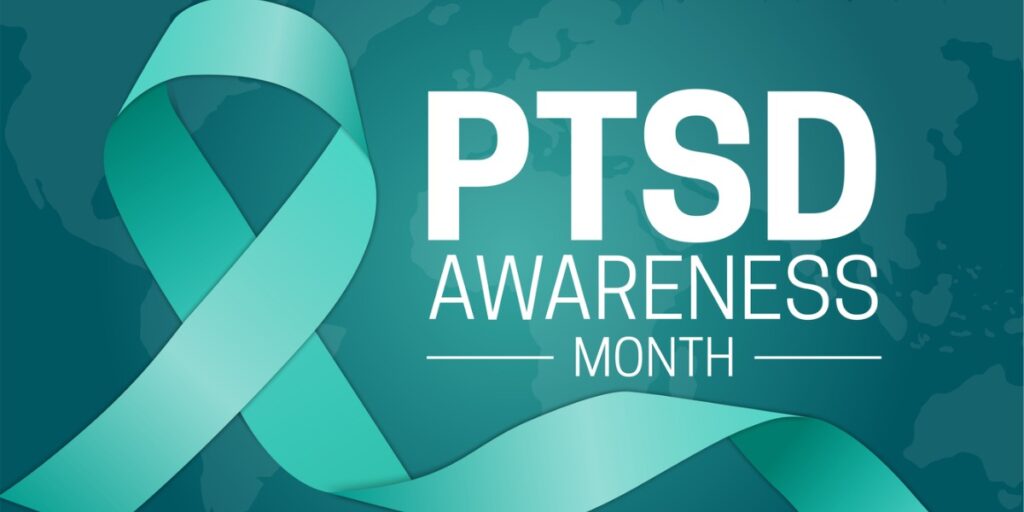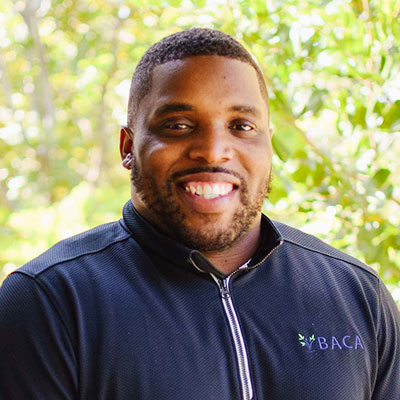Obsessive-Compulsive Disorder (OCD)
We all have beliefs, fears, worries, and behaviors that are unique to us. Some people call them quirks and understand them as a default part of their personality. At BACA, we understand that your obsessions and compulsions are more than cute or eccentric little character traits. They’re unwanted components of a clinical mental health disorder that can be severely disruptive. We can help you manage them and regain control of your time and your life.
Treatment for OCD: A Safe Environment Where You Come First
People like to toss around the words obsession and compulsion in casual speech to describe things that interest them or things they’re driven to do on a regular basis. Someone who loves music might say they’re obsessed with a particular song or artist and tell friends they feel compelled to listen to them or play their songs all the time. That’s a common, harmless phenomenon most of us can relate to.
But that’s not at all what having OCD is like. The obsessions and compulsions associated with OCD are unwanted, disruptive, and can completely take over and dominate daily life.
The symptoms of OCD can be so severe that they literally paralyze a person and prevent them from leaving the house, moving from one task to the next, or participating in simple activities most of us take for granted. At BACA, we understand how to help people with OCD, and have extensive experience teaching patients how to manage their obsessions and compulsions and live a full and fulfilling life.
What is Obsessive-Compulsive Disorder (OCD)?
The International Obsessive-Compulsive Disorder Foundation (IOCDF) defines OCD as follows:
“…a mental health disorder that occurs when a person gets caught in a cycle of obsessions and compulsions. Obsessions are unwanted, intrusive thoughts, images, or urges that trigger intensely distressing feelings. Compulsions are behaviors an individual engages in to attempt to get rid of obsessions and/or decrease distress.”
Clinical OCD may be mild, moderate, or severe, depending on the intensity, frequency, and duration of the symptoms, and the level of disruption they cause in daily life.
What are Obsessions?
According to the IOCDF, obsessions are:
“…thoughts, images, or impulses that occur over and over again and feel outside of the person’s control.”
Obsessions are intrusive unwanted thoughts, urges, images, sounds or words that cause intense feelings of discomfort and distress. The frequency and severity of compulsions can impact life, work, school, and relationships. They interrupt your existing thoughts and can lead to negative emotions such as fear, worry, and panic.
Examples:
- Intense worry someone you love might get hurt
- Graphic, unwanted images of violence that harms self or others
- Intense worry/fear of sickness/illness
- Excessive, overwhelming fear of germs, accompanied by worry of getting contaminated or spreading contamination to others
- Fear of losing control and harming self or others
- Unwanted thoughts and images related taboo topics/behaviors
- Worry about remembering important information/fear of forgetting things
- Worry about losing or misplacing important objects/fear of losing things
- Need to do everything perfectly
- Worry/fear of making any kind of mistake doing anything
People with OCD also report obsessions related spirituality and religious topics, relationships, gender and gender identity, sex and sexuality, and death.
What are Compulsions?
According to the IOCDF, compulsions are:
“…repetitive behaviors or thoughts that a person uses with the intention of neutralizing, counteracting, or making their obsessions go away.”
Compulsions are behaviors performed to relieve distress, discomfort, or anxiety. They can be physical actions or thought-based, internal rituals. Compulsions can be time-consuming and distressing. People with OCD may spend hours engaged in compulsive behaviors, which has a negative impact on wellbeing, degrades overall quality of life, and often prevents full participation in basic daily activities.
Examples:
- Repetitive handwashing in a specific way
- Constant personal grooming
- Repetitive cleaning of home and household items/objects
- Using significant energy to avoid things that are dirty or contaminated
- Spending excess time and energy worrying about/avoiding harming loved ones
- Spending excess time and energy worrying/making sure others don’t harm loved ones
- Repetitive checking that loved ones are healthy/okay
- Repetitive checking that they’ve acted correctly/not made any mistakes
- Repeating simple behaviors like sitting/standing, turning lights on/off, closing and opening doors
- Repeating movements, such as touching specific things, blinking, tapping self, tapping things,
- Itching and scratching
- Only doing certain things in specific, fixed sets or numbered groups, such as always performing a behavior three times and three times only, never more, never less
People with OCD may also spend a significant amount of time arranging objects at home or work, counting things until they’re satisfied the number is right, correct, or good, and performing specific actions as protective mechanisms to prevent bad things from happening to themselves or others in the future.
Treatment for OCD at BACA: Specialized Psychotherapy and Medication
Guidelines from the American Psychological Association (APA) show the most effective way to support patients with OCD is with a combination of psychotherapy and medication.
At BACA, we offer the following treatment services for patients with OCD:
- Intensive Outpatient Program (IOP)
- Transitional Outpatient Program
- Psychiatry Services
Therapeutic modes include:
- Cognitive-Behavioral Therapy (CBT)
- Exposure Response Prevention Therapy (ERPT)
- Medication Management
FDA-approved medications OCD treatment include antidepressant medications called selective serotonin reuptake inhibitors (SSRI). SSRIs that can help patients manage symptoms of ODC include:
- Prozac
- Luvox
- Paxil
- Zoloft
- Anafranil
- Celexa
- Lexapro
- Effexor
When we create a treatment plan for a patient with OCD, we take the time to learn everything we can before deciding on a specific combination of therapy and medication. We collaborate with each patient and their family to design a plan that prioritizes individual treatment goals, leverages strengths, addresses challenge areas, and gives them the best chance of managing the symptoms of OCD and regaining control of their lives.






